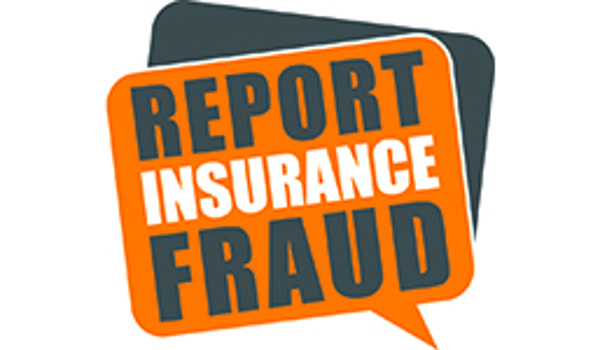Black Friday shoppers warned of fake motor insurance deals on social media, as the scam rises

Shoppers are being urged to watch out for scammers exploiting the Black Friday and Cyber Monday sales with too-good-to-be-true motor insurance deals on social media, as new insights show more people than ever before are at risk.
Ghost Broking scams are a top threat reported by insurers to the Insurance Fraud Bureau (IFB), representing the biggest percentage of IFB’s investigations. So far this year, IFB has uncovered over 41,000 fraudulent motor insurance policies, of which thousands are suspected of being linked to Ghost Broking.
‘Ghost Brokers’ who are fraudsters pretending to be real brokers, sell fake motor insurance online, often on social media, including on Facebook, Instagram, SnapChat and TikTok. Most victims are young drivers who ordinarily struggle to afford insurance, lured in by what they think is a great deal, only to be left out of pocket and breaking the law by driving uninsured.
As the scam surges, the public is being warned that Ghost Brokers may take advantage of the sales to target even more people. As a result, IFB is revealing the red flags to look out for to avoid being scammed.
Jon Radford, Head of Intelligence, Investigations & Data Services at IFB, said:
“It’s easy to get caught up in the excitement of online sales, but when it comes to buying motor insurance, it can really cost you if you’re not savvy. Fraudsters exploit sales events to offer unrealistic bogus motor insurance deals and the consequences for victims are devastating, as they’re left driving uninsured and their vehicle can be seized.
“We’re encouraging all drivers to know the signs of Ghost Broking scams and to use legitimate tactics when shopping around for an affordable motor insurance deal.”
Paul Farley, National Law Enforcement Manager at MIB (Motor Insurers' Bureau), said:
"We know that times are tough for many people right now, with increased cost-of-living pressures potentially causing motorists to be tempted by insurance offers that seem too good to be true. Whilst there are ways to legally reduce premiums, it's important to remain cautious of any deals that may be fraudulent.
"We understand the challenges many people are facing, but our message is that taking out an insurance policy via social media is never worth the risk."
Ghost Broking scams have a wide range of consequences. Not only are victims left out of pocket, but in reality, they are driving without valid insurance which means they’re not covered in the event they cause a collision, which could cost them thousands of pounds in liability.
Victims that fall foul of the scam can face criminal charges for driving without insurance, which comes with an on-the-spot fine, six points on their driving licence, and the vehicle in question can be seized. One in three seized uninsured vehicles are consequently crushed. An uninsured driver can also be referred to court where they may receive an unlimited fine and a driving ban.
Fake insurance policies sold by Ghost Brokers, may simply be a photoshopped piece of paper, or they may be more complex and have been taken out using stolen information, before being doctored and sold on at a cheaper rate.
In other instances, Ghost Brokers have also provided victims with genuine insurance policies which do use their details, but then the scammer has secretly cancelled the policy to reclaim the funds while the victim unknowingly continues to drive without any insurance in place.
The IFB is a not-for-profit organisation that collaborates with the police and insurance industry to help protect victims of insurance scams and bring fraudsters to justice.
Application fraud costs the insurance industry over £1 billion a year. Therefore, tackling the issue, which includes awareness raising, is key in helping to keep premiums down.
What are the red flags of a Ghost Broking scam?
- The policy is unrealistically cheap.
- There may be an upfront cost for the policy, even though insurance is meant to be priced based on the risk of the individual.
- The seller is vague about how they're getting you such a good price.
- The advert looks unprofessional and is poorly spelt.
- The seller only wants to communicate via social media or a messaging app (e.g. WhatsApp or SnapChat).
- The seller doesn't have a legitimate website, UK landline number or address.
What checks can I do?
- Check the seller is registered with the Financial Conduct Authority (FCA).
- If buying through a broker, check they're registered with the British Insurance Brokers' Association (BIBA).
- If buying through an insurer, check they're an MIB member.
Anyone with evidence of a Ghost Broking scam is encouraged to report it to IFB’s confidential CheatLine service online, or via its phoneline (powered by CrimeStoppers) on 0800 422 0421.


